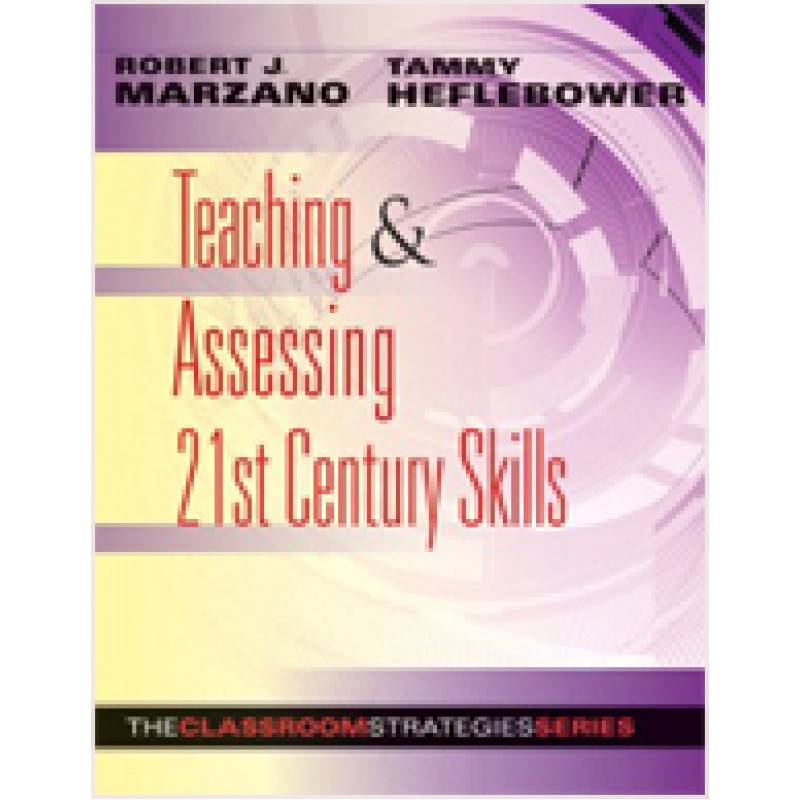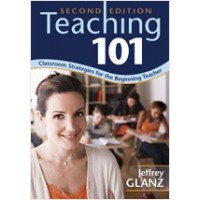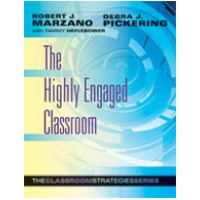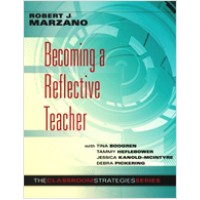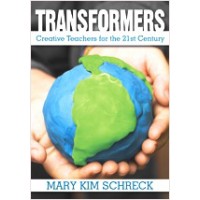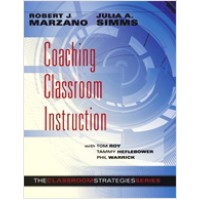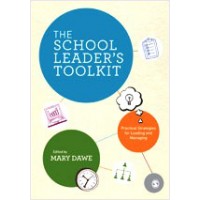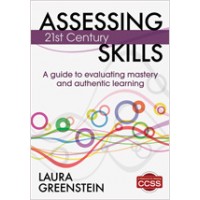Teaching & Assessing 21st Century Skills, Aug/2011
| Author(s) | Tammy Heflebower, Robert J. Marzano |
| ISBN10 | 0983351201 |
| ISBN13 | 9780983351207 |
| Format | Paperback |
| Pages | 264 |
| Year Publish | 2011 August |
Synopsis
As the 21st century unfolds, the pace of change in the world is accelerating. Teachers and administrators must lead the cultural shift required to ensure their students can survive and thrive in the changing world. In Teaching & Assessing 21st Century Skills the authors present a model of instruction and assessment based on a combination of cognitive skills (skills students will need to succeed academically) and conative skills (skills students will need to succeed interpersonally) necessary for the 21st century. The authors believe both cognitive and conative skills will be vital to the success of all citizens living and working in the highly varied and quickly changing knowledge economy of the 21st century.
Part of The Classroom Strategies Series, this clear, highly practical guide follows the series format, first summarizing key research and then translating it into recommendations for classroom practice. In addition to the explanations and examples of strategies, each chapter includes helpful comprehension questions to reinforce the reader’s understanding of the content to create both short- and long-term strategies for teaching and assessing 21st century skills.
Benefits
- Presents relatable classroom stories that depict the presented strategies
- Provides end-of-chapter comprehension questions to help readers assess and reinforce their understanding of the new strategies
- Offers an appendix of rubrics for assessing cognitive and conative 21st century skills
About The Authors:
Tammy Heflebower, EdD, is vice president of Marzano Research Laboratory in Englewood, Colorado. She is a consultant with experience in urban, rural, and suburban districts throughout North America. Dr. Heflebower has served as a classroom teacher, building-level leader, district leader, regional professional development director, and national trainer. She has also been an adjunct professor of curriculum, instruction, and assessment at several universities. Dr. Heflebower began her teaching career in Kansas City, Kansas, and later moved to Nebraska, where she received the District Distinguished Teacher Award. She has worked as a national educational trainer for the National Resource and Training Center at Girls and Boys Town in Nebraska.
A prominent member of numerous educational organizations, Dr. Heflebower has served as president of the Nebraska Association for Supervision and Curriculum Development and president-elect for the Professional Development Organization for Nebraska Educational Service Units. She was president-elect of the Colorado Association of Education Specialists and legislative liaison for Colorado Association of School Executives. Her articles have been featured in the monthly newsletter Nebraska Council of School Administrators Today.
Dr. Heflebower holds a bachelor of arts from Hastings College in Hastings, Nebraska, a master of arts from the University of Nebraska at Omaha, and an educational administrative endorsement from the University of Nebraska-Lincoln. She also earned a doctor of education in educational administration from the University of Nebraska-Lincoln.
Robert J. Marzano, PhD, is cofounder and CEO of Marzano Research Laboratory in Englewood, Colorado. A leading researcher in education, he is a speaker, trainer, and author of more than 30 books and 150 articles on topics such as instruction, assessment, writing and implementing standards, cognition, effective leadership, and school intervention. His books include The Art and Science of Teaching and Effective Supervision. His practical translations of the most current research and theory into classroom strategies are internationally known and widely practiced by both teachers and administrators.
Dr. Marzano received a bachelor’s degree from Iona College in New York, a master’s degree from Seattle University, and a doctorate from the University of Washington.

